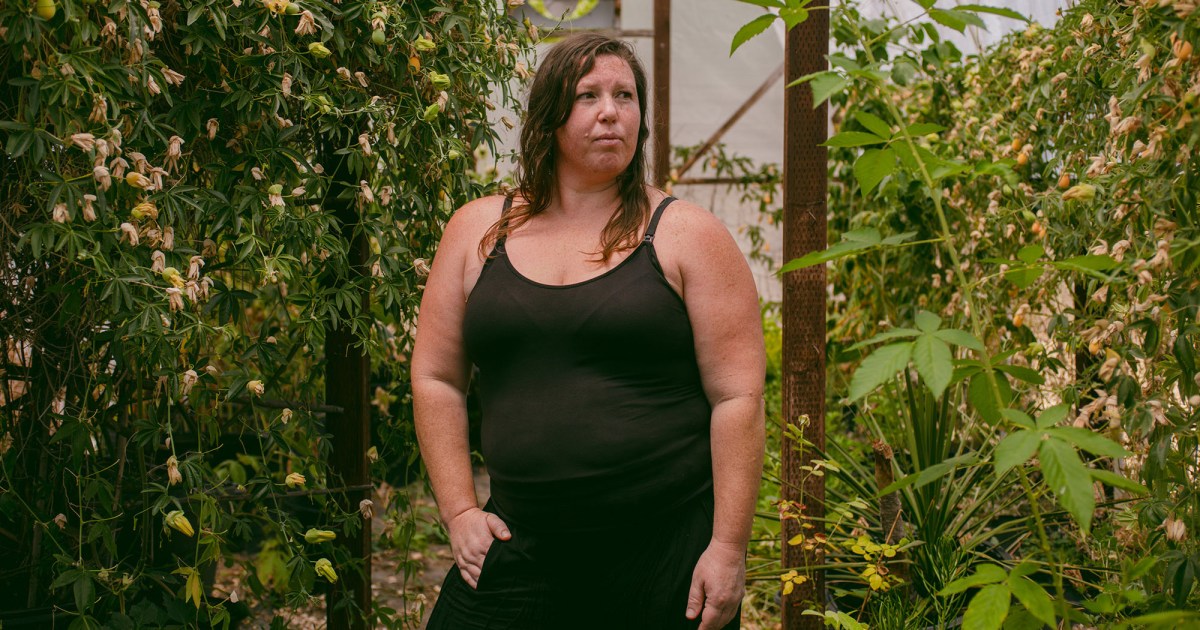- cross-posted to:
- [email protected]
- cross-posted to:
- [email protected]
Susan Horton had been a stay-at-home mom for almost 20 years, and now—pregnant with her fifth child—she felt a hard-won confidence in herself as a mother.
Then she ate a salad from Costco.
Horton didn’t realize that she would be drug-tested before her child’s birth. Or that the poppy seeds in her salad could trigger a positive result on a urine drug screen, the quick test that hospitals often use to check pregnant patients for illicit drugs. Many common foods and medications—from antacids to blood pressure and cold medicines—can prompt erroneous results.
If Horton had been tested under different circumstances—for example, if she was a government employee and required to be tested as part of her job—she would have been entitled to a more advanced test and to a review from a specially trained doctor to confirm the initial result.



Don’t they charge patience for practically every aspect of the experience why do they care about inexpensiveness?
Do the more expensive test and charge the difference back to the patient.